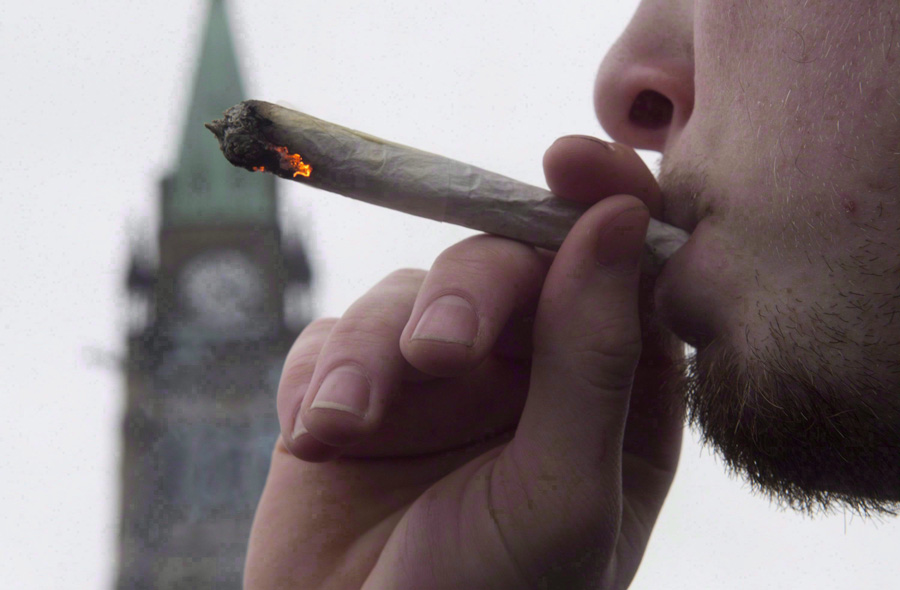Saskatchewan’s Justice Ministry continues to voice concern over the newly announced framework to legalize marijuana, specifically around impaired driving.

Justice Minister Gordon Wyant and his staff are in the process of reviewing the proposed legislation.
READ MORE: Federal legislation on legalizing marijuana unveiled
Under the proposed law, people over 18 will be able to legally buy and grow small amounts of cannabis.
The ministry is happy to see a zero-tolerance approach for impaired driving, but added that it is “incredibly difficult” for police to identify who is impaired because the technology to detect impairment is not yet proven.
Wyant’s statement goes on to say that it can be very costly for police to train drug recognition experts, and the province hopes to see federal funding to strengthen impaired driving enforcement.
In addition to these concerns, the ministry said lawmakers need to look into the best way to handle distribution and taxation.
The ministry is pleased to see the federal government plans to create increased penalties for people providing marijuana to young people. These penalties can range from a police citation to 14 years in prison.
READ MORE: Provinces brace for impact of federal bill on legalizing marijuana
Saskatchewan is ready to work federal and provincial partners to make sure the province meets expectations as set out in the legislation. Ministry of Justice officials will also work with provincial stakeholders as Canada moves toward the July 1, 2018 planned legalization date.




Comments